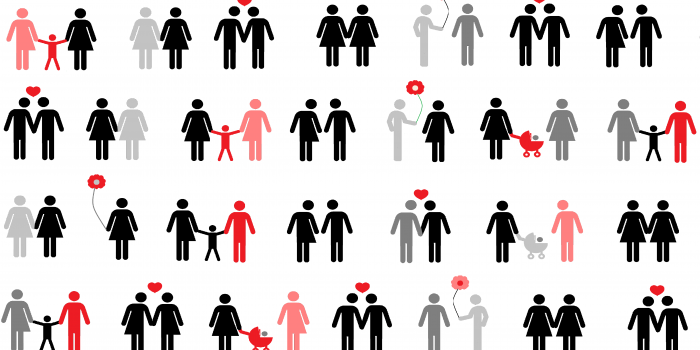
Christian belief systems Competing theories of eschatology, end times, and millennialism. Sponsored link. Terminology: Eschatology is a Christian term that means the study of the end of history from a religious perspective.

Sigmund Freud (1856-1939) developed some of the most influential theories in modern psychology and psychoanalysis. His division of the mind into the conscious and unconscious components have driven research on the brain into very specific directions, and his contributions extend into the field of neuroscience, as well.
Discussion. Maslow has been a very inspirational figure in personality theories. In the 1960’s in particular, people were tired of the reductionistic, mechanistic messages of the behaviorists and physiological psychologists.

Many unproven conspiracy theories exist with varying degrees of popularity, frequently related to clandestine government plans and elaborate murder plots. Conspiracy theories usually deny consensus or cannot be proven using the historical or scientific method, and are not to be confused with research concerning verified conspiracies such as

Theories of Crime and Delinquency (chapters 6-7) Two Major Types of Theories of Crime • Kinds of people theories – “What makes a person turn …



While there were both political and pop-culture conspiracy theories in the 1960s and 1970s — Elvis is still alive, you may have heard — conspiracism as a phenomenon didn’t come into full flower until the 1990s.
Oct 17, 2017 · My email inbox was flooded with reader feedback such as these examples in response to last week’s column on conspiracy theories and those Americans who believe them.
Theories are analytical tools for understanding, explaining, and making predictions about a given subject matter. There are theories in many and varied fields of study, including the arts and sciences.
CNN, “Michael Flynn’s son and chief of staff pushed conspiracy theories, obscene memes online,” Nov. 17, 2016PolitiFact, “How Pizzagate went from fake news to a real problem for a D.C. business,” Dec. 5, 2016
1 Introduction Nearly half of U.S. high college students (9th-12th graders) have had sexual intercourse and over 60 percent report having had sex by the time they graduate.1 This


